No products in the cart.
Reevaluate Your Strategy
Strategy frameworks, well-executed, offer a roadmap to success.
What is a strategy framework?
A strategy framework structures thinking and decision-making. It guides organizations (and people) as they grow and accomplish their missions. A framework serves as the foundation for both internal and external messaging, as well as organizing priorities and initiatives into strategic drivers or pillars that connect to a high-level purpose.
A strong framework is aspirational. It is designed to inspire stakeholders and demonstrate how the organization is working towards its vision, purpose, and goals. A strong strategic framework is imperative for high performance and growth.
A way to think about a framework is that the framework is to your strategy as a blueprint is to building a house.
Evaluating your strategy and framework is essential as you reboot, reimagine and refocus your life or organization. It matters because a clear long-term direction is more important than a detailed plan.
Why clarity matters more than certainty:
“Our brains like certainty. It’s neuroscience. They are constantly trying to predict what will happen next, in order to protect us,” says Dr. Bob Johansen, a futurist with the Institute for the Future. But when the immediate future is difficult to predict, as it is during the Covid-19 pandemic, leaders can reach greater clarity by thinking longer term.
“What you need in the middle of a crisis is the North Star that gives you clarity because the future will reward clarity and punish certainty,” Johansen says. That means clarity is key during times of chaos and complexity, so make the time to recalibrate expectations and goals.
Find your North Star by thinking about where you want your company to be in 10 years. According to Johansen, “It’s often easier to look 10 years ahead than to look one or two years ahead, especially in a crisis.”
Does your strategy…
- come from conducting extensive research such as industry benchmarking, communication audits, stakeholder interviews, or consumer focus groups?
- have pillars that support and are material to your business, organizing your initiatives by objective rather than by team?
- clearly illustrate your core purpose? Is it distinctly tied to business priorities?
- define your strategic focus and give your team a clear vision of what they are working to achieve?
Part of reimagining the future for a life or an organization involves updating the strategy framework to reflect the current reality. While the short term may continue to be ambiguous, unpredictable, and out of our control, we can still shape a successful strategy framework that gives clarity for the future.


